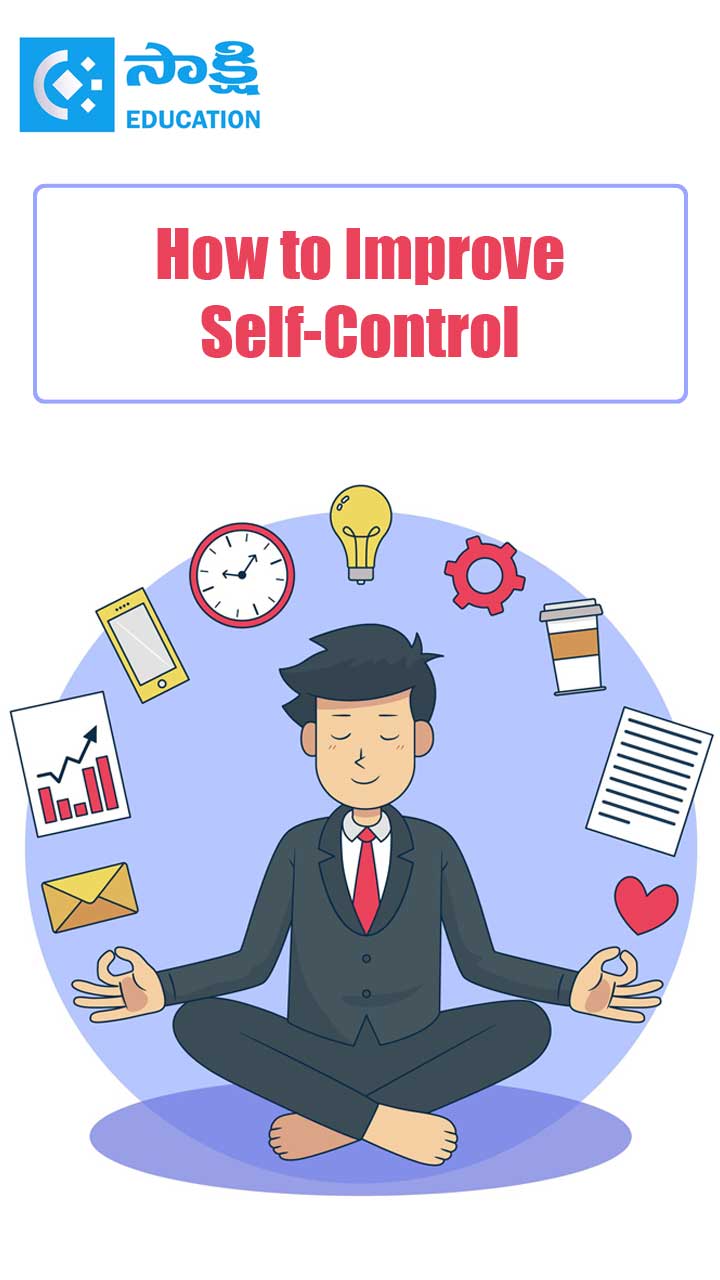NCERT Proposes Integrating Class IX to XI Marks and Making Vocational Training Mandatory for Class XII Boards

The National Council of Educational Research and Training (NCERT) has proposed a significant shift in the evaluation system for Class XII board examinations. The new framework, outlined in a report titled "Establishing Equivalence across Education Boards," suggests integrating students' performance from Class IX to XI into their final Class XII results and placing a stronger emphasis on vocational and skill-based subjects.
Key Proposals:
- Cumulative Assessment: The proposal recommends incorporating marks from Class IX (15%), Class X (20%), and Class XI (25%) into Class XII board results, with Class XII performance contributing the remaining 40%. This approach aims to provide a more comprehensive evaluation of students' academic journey.
- Vocational Training: The report advocates for making vocational and skill-based subjects—such as Data Management, Coding, AI, Music, Arts, and Crafts—mandatory rather than optional. This move aligns with the National Education Policy 2020 (NEP 2020), which emphasizes holistic learning.
- Formative and Summative Assessments: Class XII evaluation will be divided between formative assessments (30%) and summative assessments (70%). Formative assessments will include self-reflection, student portfolios, teacher evaluations, projects, and group discussions, while summative assessments will focus on term-end exams.
- Credit-Based System: Students will earn credits for each unit of content. In Classes IX and X, students must earn 32 out of 40 credits, while in Classes XI and XII, they must earn 36 out of 44 credits. Additional credits can be gained through online courses and community projects.
- Inter-Board Mobility: The new system aims to support students moving between different boards and educational systems by establishing a framework for credit accumulation and transfer, including the development of an Academic Bank of Credit (ABC).
Additional Recommendations:
- Teacher Assessment and School Infrastructure: The report emphasizes the need to assess teacher performance and improve school infrastructure, including access to clean water, well-resourced libraries, and sports facilities.
Vocational and Skill Education: The study found that while 90% of boards offer vocational subjects as optional, only 9.52% make them compulsory. The report highlights a disparity in technical subject offerings, with subjects like Coding and Application Development being offered by just 30% of boards. It recommends expanding the inclusion of technical and career-oriented subjects to better prepare students for the workforce.
Indrani Bhaduri, CEO of PARAKH, emphasized that the new credit system will standardize assessments and facilitate smoother transitions for students between different boards. Discussions with various state boards are ongoing to streamline this process and align with NEP 2020's competency-based assessment goals.
















